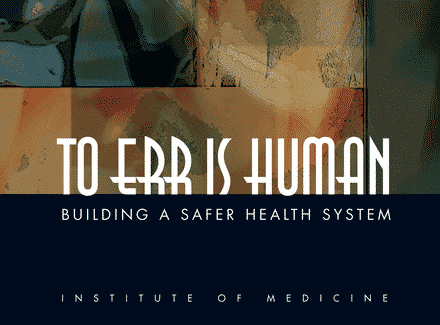Cope with Healthcare Complexity. Safely.
By Elaine Blechman, CEO of Prosocial Applications and Professor Emerita U. of Colorado
Healthtech Meets Medtech
Lessons learned from the pandemic. Consumers who want the safest healthcare outcomes for themselves and their families need expert healthtech that incorporates simple context-dependent rules for navigating the complex U.S. healthcare system. During public-health crises and natural disasters, consumers need healthtech to guide coordination with first responders and emergency care providers. Long-haul survivors of trauma and chronic conditions need healthtech to guide data-driven collaboration with specialists. Providers who want to engage conscientious patients need medtech that interoperates with EHRs and with consumer healthtech.
The COVID-19 stress test. If COVID-19 is a 21st century stress test, the complex U.S. healthcare system exceeded expectations at development, evaluation and testing of vaccines yet needs improvement at last-mile logistics of getting vaccines into patient arms. By January 2021, about 27% of Israeli citizens had been vaccinated, compared to about 4% of the U.S. population.
The U.S. incentivizes complexity by spending 17 percent of GDP, almost twice the average of other high-income countries, on dynamic networks of professionals, hospitals, clinics, nursing homes, home health agencies, laboratories, pharmaceutical companies, device and technology vendors, health insurance and managed care plans. The high-priced complex system delivers worse patient outcomes and more preventable deaths than in any other high-income country.
In 2000, the Institute of Medicine “To Err is Human” report to Congress implicated system complexity in deaths resulting from medical errors and recommended providers adopt electronic health records (EHRs) to mitigate risk. EHRs and attached patient portals have proved more useful for billing and scheduling than for patient safety–medical errors were the third leading cause of U.S. deaths in 2017—while fostering physician burnout and patient privacy violations. Mobile health apps that dispense advice without expert involvement pose even greater risks to consumers.
Learn about RK360® Cloud Health Record App healthtech and free RK360® Basic Provider App medtech.
We recognize and appreciate the risks of COVID-19 to healthcare workers and their families and their knowledge of what healthtech users need. If you are a healthcare worker with an individual or organizational National Provider Identifier (NPI), subscribe to no-cost beta test RK360® Cloud Health Records for yourself and your family. Beta-testers retain their no-cost annual RK360® subscriptions, valued at $120, as long as they frequently use their RK360® Records.
Elaine Blechman is CEO of Prosocial Applications and Professor Emerita U. of Colorado.
The information in this blog should not be used as a substitute for professional medical care or advice. You should contact your physician or other health professional for advice concerning a particular condition or concern.
Connecting Patients to Providers through Personalized Health Information



